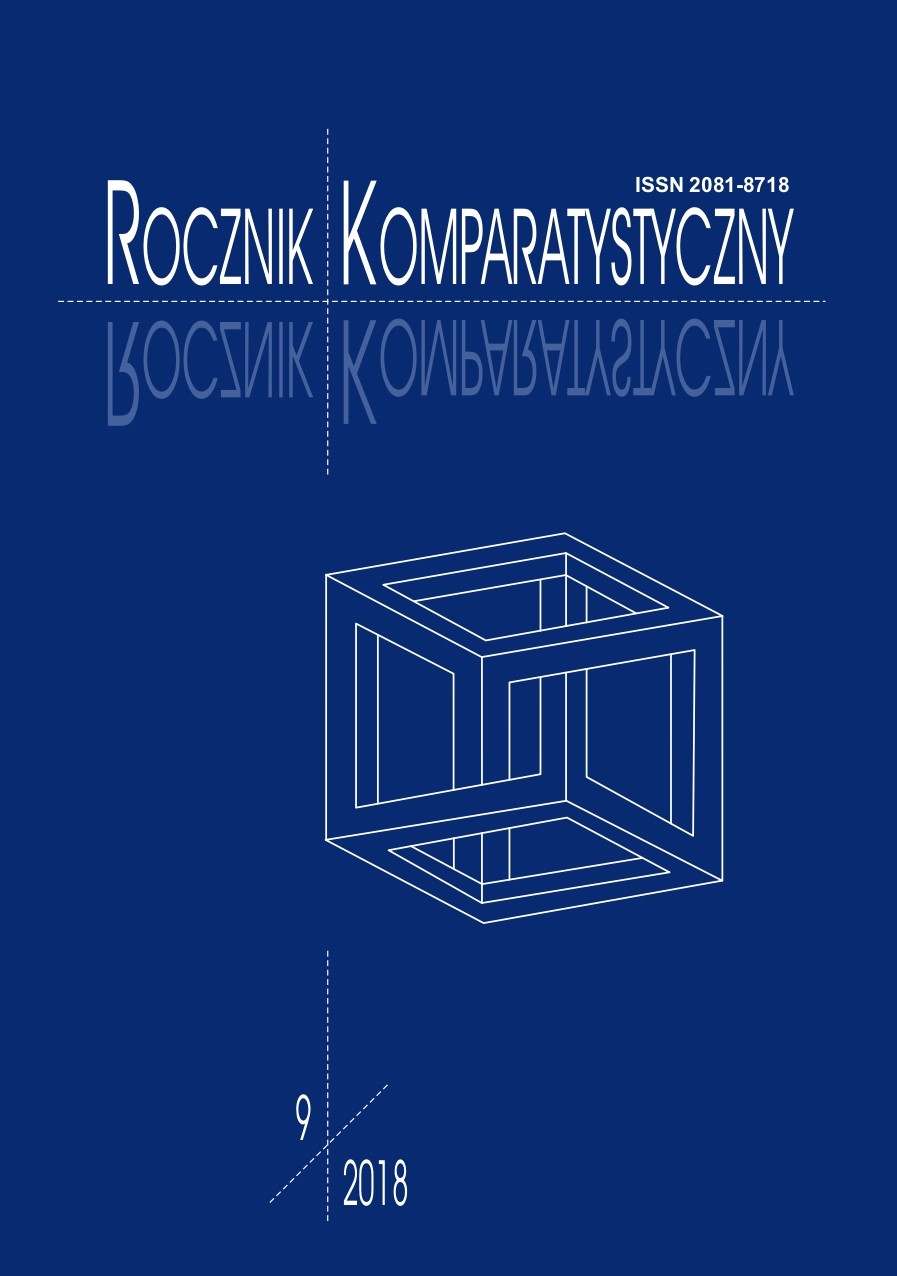Sentymentalizm – sielanka – długie trwanie. O nawiązaniach do sentymentalnych podstaw gatunku w poezji XX wieku
Sentimentalism – Pastoral – Long Lasting and ‘the Long Lasting’
Author(s): Teresa KostkiewiczowaSubject(s): Language and Literature Studies, Studies of Literature, Comparative Study of Literature
Published by: Wydawnictwo Naukowe Uniwersytetu Szczecińskiego
Keywords: sentimentalism; sensitivity; idyll; convention; return
Summary/Abstract: The study presents major assumptions of the Polish sentimentalism as a historical phenomenon. Its basic anthropological ideas are: the recognition of sensitivity as the prime disposition of a human being, the need of sensibility to circumstances of another individual and the need of emphatic ability. These universal assumptions – in the first place expressed in pastorals – are referred to by Polish poets of the 19th and 20th centuries. In Maria Jasnorzewska-Pawlikowska’s, Jarosław Iwaszkiewicz’ and Józef Czechowicz’ verses – references to sentimental pastoral convention serve criticism of the world being the denial of sensitivity. These references also become an expression of longing for the lost aura of interpersonal intimacy. Evocations of pastorals in the 20th century’s poetry (Krzysztof Kamil Baczyński, Czesław Miłosz, among others) have a specific image, where the need for emphatic ability comes into collision with ghastliness of war, destruction and negating the value of an individual. The latest poetry (Piotr Sommer, among others) – by a reference to sentimental aura of idyllic life – poses a question about chances of making use of the tongue of empathy and of communicating with another person (‘I’). With regards to the Polish poetry – rather than about ‘recurrences’ of sentimentalism – one might speak about the ‘long lasting’ of its fundamental anthropological ideas of universal nature.
Journal: Rocznik Komparatystyczny
- Issue Year: 2018
- Issue No: 9
- Page Range: 205-220
- Page Count: 15
- Language: Polish

